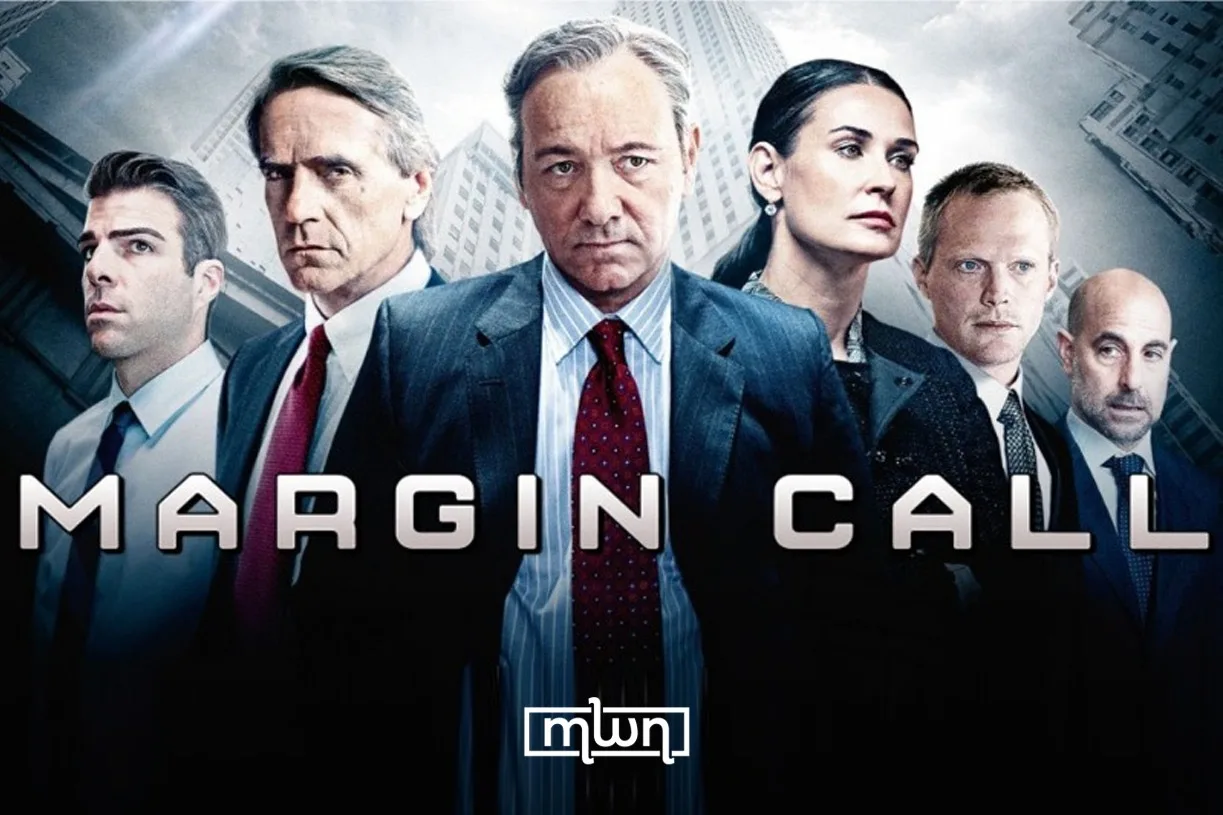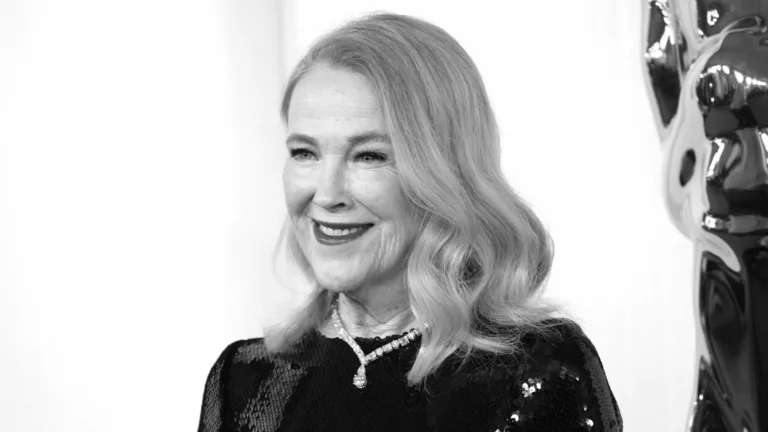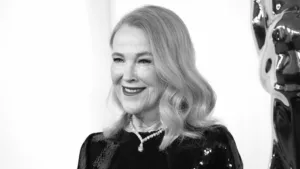Marrakech — There’s a certain moment in “Margin Call” (2011) that feels less like a movie and more like an uncomfortable mirror. The kind of mirror you don’t want to look into, but you do anyway, because it’s polished, expensive, and sitting right there in your corner office.
Set over a 24-hour period at a fictional Wall Street investment firm, “Margin Call” begins when a junior analyst discovers that the company is, quite literally, seconds away from financial collapse.
From there, the story unfolds like champagne gone flat: everyone rushing to sell off toxic assets before sunrise, each character trying to keep their tailored composure while the world — and their ethics — crumble.
What’s deliciously haunting about the film is that no one is really evil, they’re just hungry.
Hungry for security, status, survival. Kevin Spacey plays the morally-torn executive whose conscience comes at a price.
Jeremy Irons, as the shark-like CEO, sweeps in with chilling calm, “There are three ways to make a living in this business: be first, be smarter, or cheat.”
Somewhere between those three, humanity gets lost in the spreadsheets.
But beneath the power suits and sterile conference rooms, “Margin Call” is really a film about choices, how much of your soul you’re willing to sell for stability.
And let’s be honest, we’ve all been there. Maybe not moving millions, but making compromises for a seat at the table.
Watching it feels like witnessing a slow-motion car crash in stilettos — elegant, terrifying, and uncomfortably relatable. It’s not about money; it’s about moments, the ones you realize you’re too deep in the game to walk away clean.
Because at the end of the day, Margin Call isn’t just about Wall Street — it’s about us. The price we pay to stay in control, and the silence we keep when the numbers don’t add up.
















